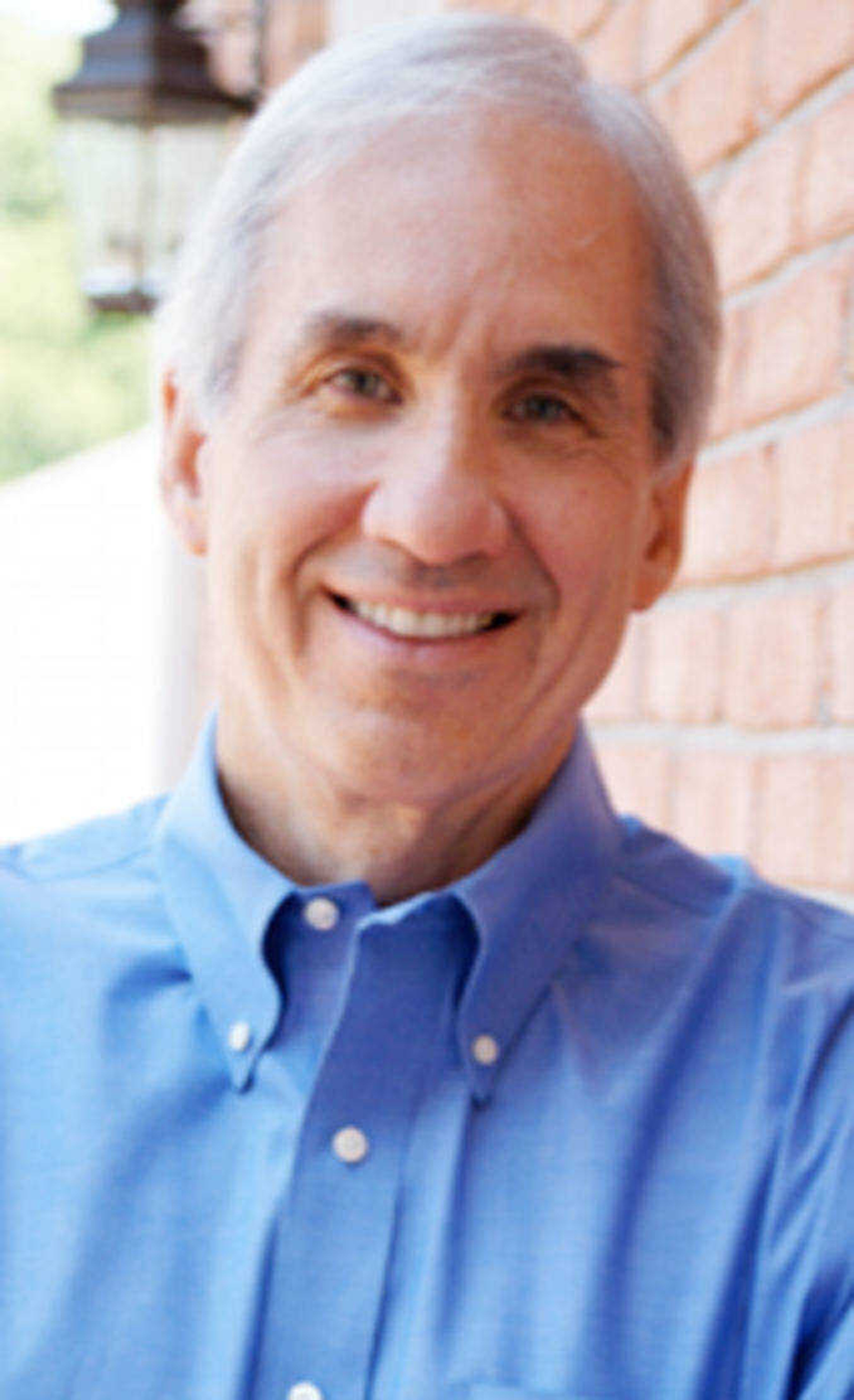THE MEDIA, THE ESTABLISHMENT AND THE MANIPULATED PEOPLE
This has been a fascinating primary season, especially the seesaw battle between George Bush and John McCain. It has been so fast-paced and so defiant of historical patterns that analysts are reduced to scratching their heads in bewilderment. Despite the morass of unconventional and inscrutable data, one truth has emerged with sparkling clarity: The influence of the press is alarmingly formidable...
This has been a fascinating primary season, especially the seesaw battle between George Bush and John McCain. It has been so fast-paced and so defiant of historical patterns that analysts are reduced to scratching their heads in bewilderment. Despite the morass of unconventional and inscrutable data, one truth has emerged with sparkling clarity: The influence of the press is alarmingly formidable.
The profound impact of the media can be seen in the development of both the Republican and Democratic races. Let's consider them in turn.
When the Republican campaign began, everyone was complaining about the insurmountable power of the establishment and its efforts to coronate George Bush as the Republican nominee.
The media was all too eager to pile on, alleging that the Republican nomination was wired for Bush and that campaign-finance reform was needed. Since they couldn't enact those laws themselves, they did the next best thing. They began to engage in a de facto coronation of their own.
Their golden boy was John McCain, a champion of reform who promised to eradicate the systemic corruption of the Iron Triangle and the establishment's impenetrable lock over the nominating process. McCain-Feingold was the panacea that would purge the corruption and restore the government to the people.
Ironically, in the very process of trying to make their case, the media disproved their own argument. McCain started out with so little money -- the fruit of the poisonous campaign finance tree -- that he was said to have no chance of competing with Bush for the nomination.
Almost overnight, due to nonstop media glorification, McCain exploded in the polls and began to threaten Bush's inevitability. Suddenly, Bush's millions were impotent to compete with the power of a unified media fawning after his opponent.
When pressed about this, media representatives rationalized that they had given McCain favorable treatment because he was more accessible to them. Nonsense. The truth is that they gravitated toward McCain because of his anti-Republican positions and because his reform proposal was a media twofer: It rankled Republicans while promising to give the media even more power. McCain's accessibility made the press' job easier, but they haven't written favorably about an accessible Alan Keyes, have they?
The media have exerted an enormous influence over the Democratic presidential race as well. During the weeks preceding the New Hampshire primary, Bill Bradley began to close in on Al Gore. After being hopelessly behind in the polls, Bradley almost upset Gore in New Hampshire when he began to expose his duplicity.
In a fantasy world of media neutrality, Bradley would have received a major bump from his New Hampshire comeback. Instead, the biased media adopted the Gore spin and painted Bradley's near upset victory as a crushing defeat.
Just contrast their treatment of Bush's victory in Iowa. He beat his next closest contender, Steve Forbes, by ten points but the media treated it as a Bush defeat. Yes, Bush was the front-runner, but Gore was too, as well as being the sitting vice president during times of peace and prosperity.
Instead of Bradley's campaign taking off after New Hampshire like McCain's, his valiant comeback was the beginning of the end for him. The media would have us believe that Bradley's campaign was a casualty of the McCain machine hogging the Independent voters Bradley desperately needed to compete with Gore. But this ignores the obvious reality that Bradley was running to the left of Gore, and in that sense, not even competing for the center.
The only way to account for Bradley's demise is the media's comparative treatment of him with Gore and McCain. They downplay his successes and emphasize his shortcomings, including his recurring heart arrhythmia.
Both the Republican and Democratic races demonstrate that it is the media's power that we ought to be concerned about, not the establishment's. But as powerful and misguided as the media are, there is a force even greater. In the end, on the Republican side at least, the grass roots is finally rearing its head against John McCain's frontal assault on their principles and the efforts of the media-establishment to anoint him.
Though they are sometimes slow to wield it, the power remains with the people.
~David Limbaugh of Cape Girardeau is a columnist for Creators Syndicate.
Connect with the Southeast Missourian Newsroom:
For corrections to this story or other insights for the editor, click here. To submit a letter to the editor, click here. To learn about the Southeast Missourian’s AI Policy, click here.










